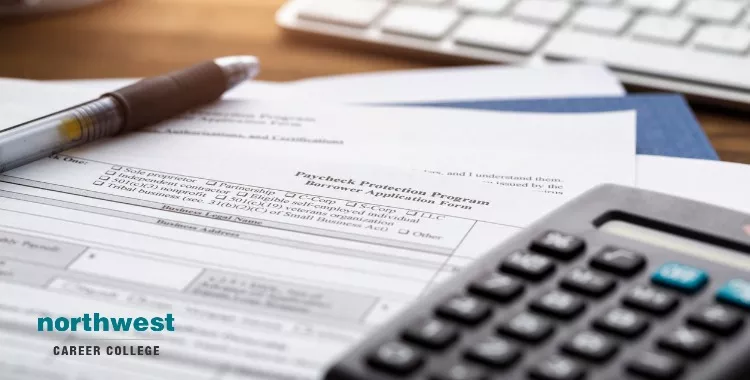The Covid-19 relief bill and tax-free status for student loan forgiveness
- Financial Aid
- September 20, 2024
- 3.9k views
- 4 min read

The U.S. Senate recently passed an amended version of the American Rescue Plan Act of 2021. One of the amendments to the plan adds tax-free student loan forgiveness to the House version of the bill. The House is expected to pass the Senate version of the bill and the President has said that he will sign it into law.
Table of Contents
What Does This Mean for Student Loans?
According to Lexology and Forbes, section 9675 of the 628-page legislation changes the tax treatment of student loan forgiveness in 2021 through 2025, inclusive. The legislation excludes from income the full or partial discharge of student loan debt, making it tax-free.
Eligible loans include:
- All federal student loans and federal parent loans, including Direct Loans, FFEL Program loans (regardless of whether held by the U.S. Department of Education or commercial lenders), Federal Perkins Loans, and federal consolidation loans
- All state education loan programs
- Institutional loans made by a college or university
- Private student loans and private parent loans
Previously, discharged student loan debt could, in some cases, be treated as taxable income, which would result in surprisingly large tax bills for borrowers who had their loans forgiven.
On his first day in office, Biden directed the then-Acting Secretary of Education to extend the moratorium on student loan payments and interest accrual through September 2021. The American Rescue Plan does not extend this freeze or forgive any debt.
The loans must have been made, insured, or guaranteed by the federal government, including federal agencies, such as the U.S. Department of Education, State governments, colleges and universities, and private education loan lenders.
The loans must have been made “expressly for postsecondary educational expenses, regardless of whether provided through the educational institution or directly to the borrower.”
Most student loan forgiveness programs were already tax-free. These include:
- Death and disability discharges on federal and private student loans
- Closed school discharges
- False certification discharges
- Unpaid refund discharges
The main difference is that now the forgiveness of the remaining debt after 20 or 25 years in an income-driven repayment plan will be tax-free. Only borrowers in income-contingent repayment plans will qualify for forgiveness before the tax-free status expires at the end of 2025.

This will benefit several hundred thousand borrowers, the majority of whom have been living under the poverty line for decades. President Biden’s proposal for $10,000 in student loan forgiveness will also qualify for tax-free treatment.
Student Finance Is Available and Easy to Apply for
Title IV funding provides financial assistance towards the costs of education for more than 13 million students across the US every year.
The U.S. Department of Education awards more than $120 billion a year in grants, work-study funds, and loans to cover expenses such as tuition and fees, room and board, books, supplies, and transportation. Applying for grants and loans is simple when you call one of our experienced Financial Aid Officers at (702) 403-1592 today to discuss your options.
How Do I Apply For Student Aid?
First, just complete the Free Application for Federal Student Aid (FAFSA). You can find a copy of the FAFSA form, and a guide to completing it, on the Federal Student Aid website. www.FAFSA.ed.gov. You can also fill the FAFSA out online here. Please make sure you enter our school code: 038385. This allows your records to be sent directly to our Financial Aid office so that when you visit the campus, our FA officers can discuss your financial aid package with you in person.
Financial Aid At Northwest Career College
Here at Northwest Career College, we have Financial Aid Officers on staff that can help determine the best financing option for you. To best support our students we offer a range of financial aid including the Pell Grant, Subsidized Loans, Unsubsidized Loans, and Parent Plus Loans. Call us today at (702) 403-1592 to speak with one of our experienced Financial Aid Officers who will help find the best financial support options for you.



